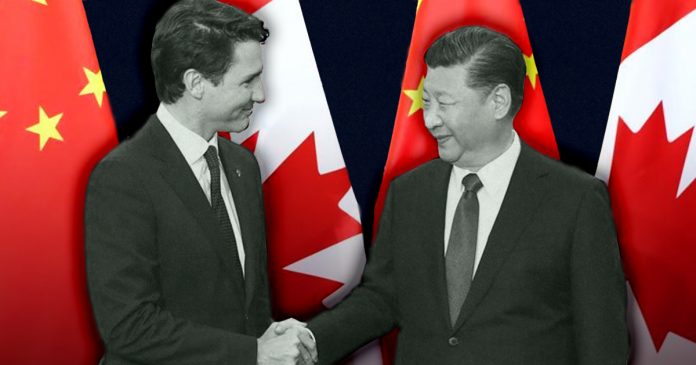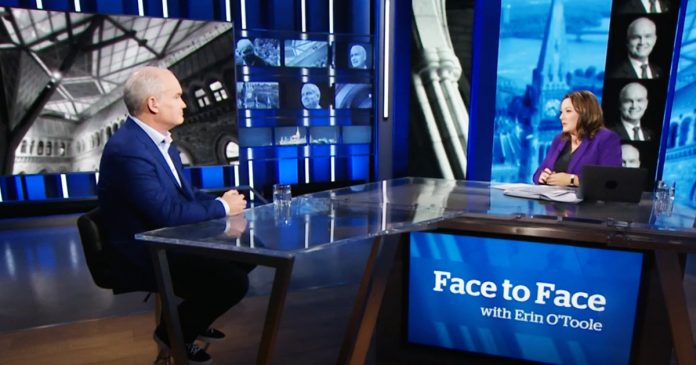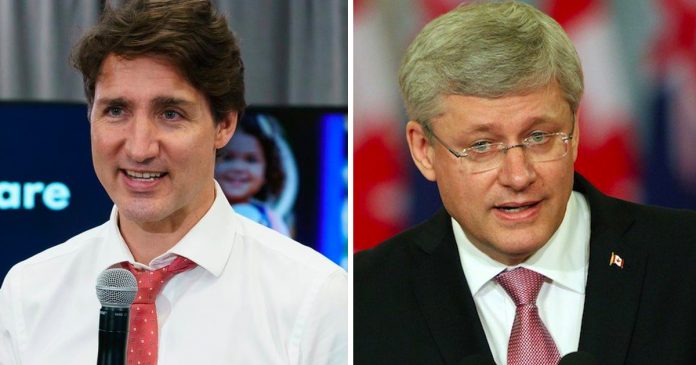The Liberal government commissioned five case studies by the US-based International Civil Society Action Network (ICAN) worth nearly $36,000 to study how gender and identity impacts terrorism.
True North learned of the contract details from officials with Global Affairs Canada following an exclusive report on a submission by Canada to the UN Security Council which called on a “gendered and intersectional” approach to combating violent extremism.
“Canada commissioned 5 cases studies from the International Civil Society Action Network related to gender and counter terrorism. The case studies are part of Canada’s ongoing efforts to support research and analysis with regard to gender and other identity factors and violent extremism and terrorism,” Global Affairs spokesperson John Babcock told True North.
“Such research can help inform the development of more sustainable and effective approaches to countering terrorism and violent extremism. These case studies highlight particular experiences and challenges in preventing and countering violent extremism, including efforts linked to de-radicalization and reintegration of individuals.”
Babcock also noted that while the case study contracts have already been completed, the reports will not be shared publicly until later this year.
According to publicly available contract details, ICAN received a $35,805 payment in taxpayer funds for the non-competitive contract which concluded Mar. 20, 2021. Records also show that ICAN received another contract worth $11,290 on Mar. 1, 2020 for “management consulting” to create unspecified toolkits for Global Affairs Canada.
On its website, ICAN bills itself as an organization dedicated to embodying UN Security Council Resolution 1325 which reaffirms the importance of women in international relations and promoting peace.
The case studies were referenced by Canada during an informal July UN Security Council meeting to discuss “preventing terrorism and violent extremism through tackling gender stereotypes, masculinities, and structural gender inequality.”
“As speakers have noted, gender stereotypes, masculinities, femininities, and gendered inequalities have long been exploited by violent extremist and terrorist groups to their own ends,” Canadian UN officials wrote in their submission to the meeting.
“It is imperative that we continue working together to raise awareness of this phenomenon and advance comprehensive gender-responsive approaches to more effectively and sustainably counter terrorism and prevent and counter violent extremism.”
Prior to calling the 2021 election, Prime Minister Justin Trudeau gambled on campaigning to win one of two seats available on the Security Council which cost taxpayers $8.6 million. Canada was eventually defeated by Ireland and Norway.


























